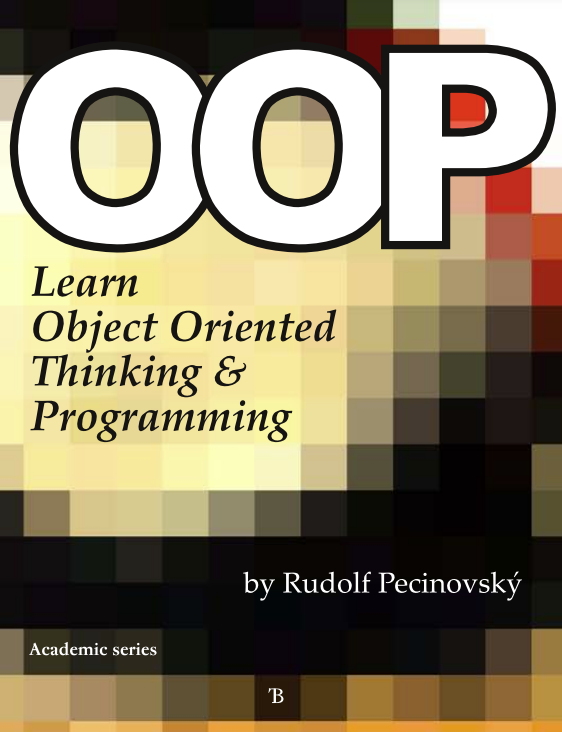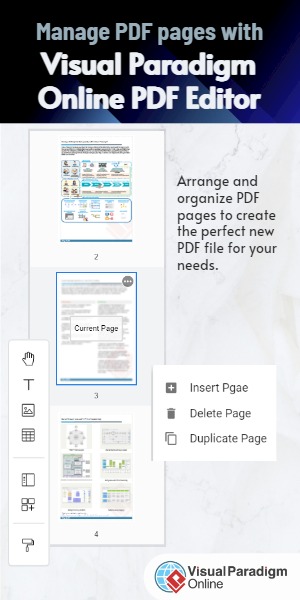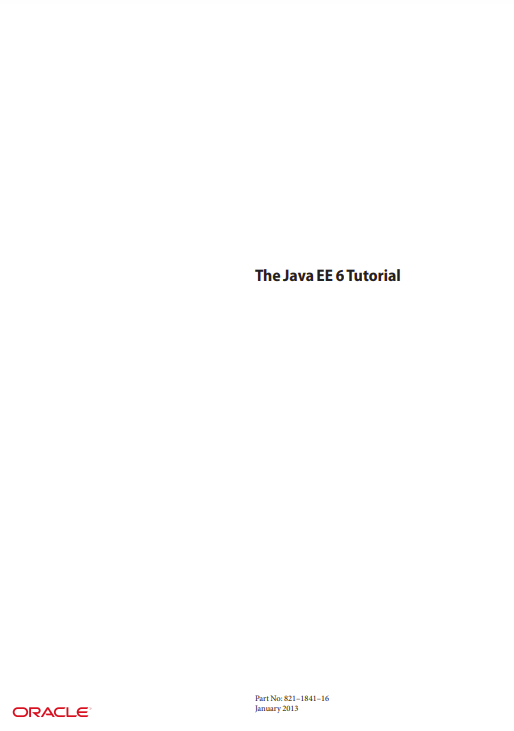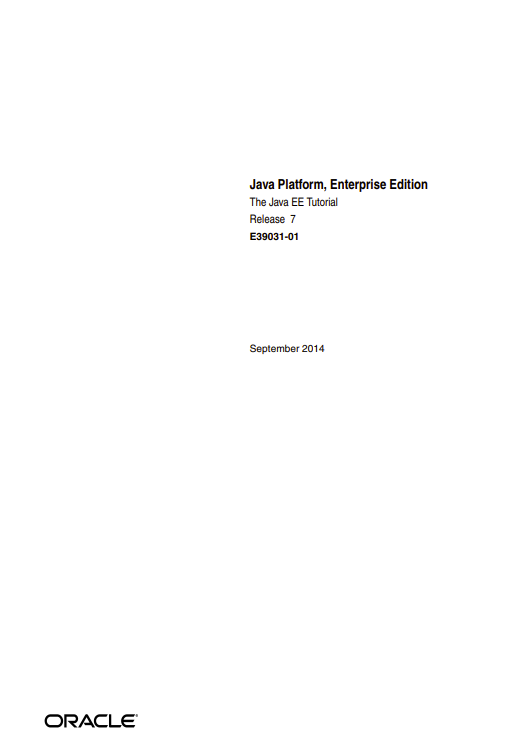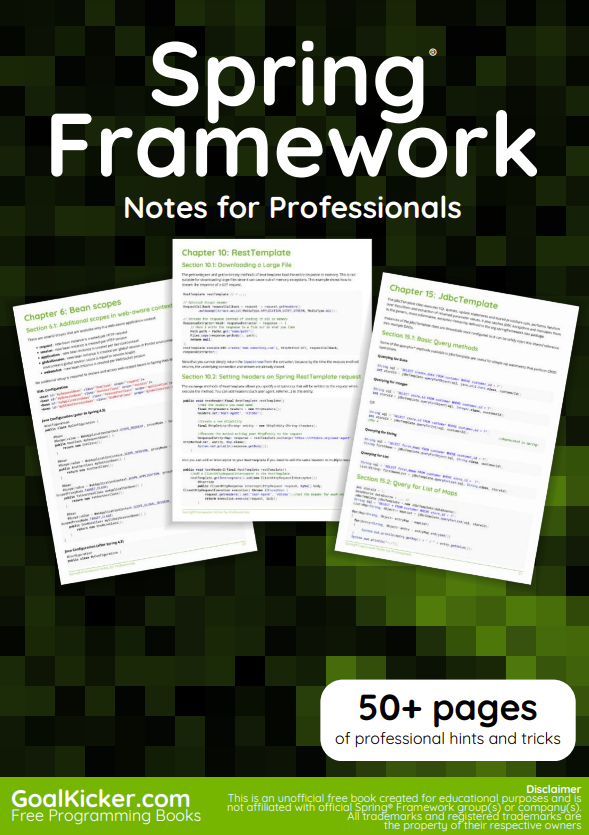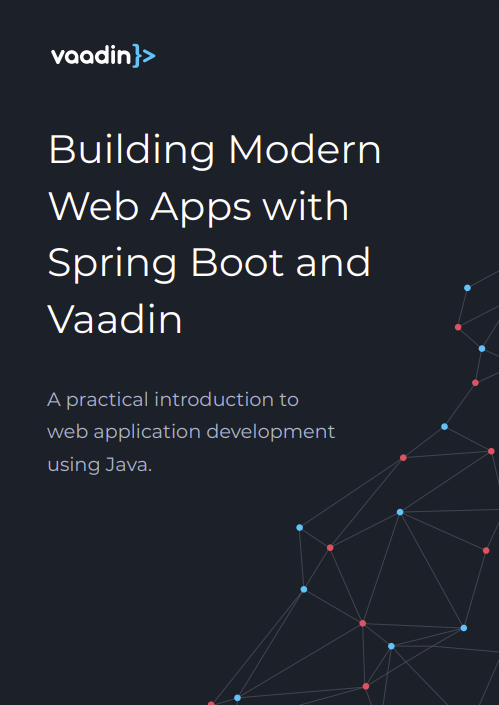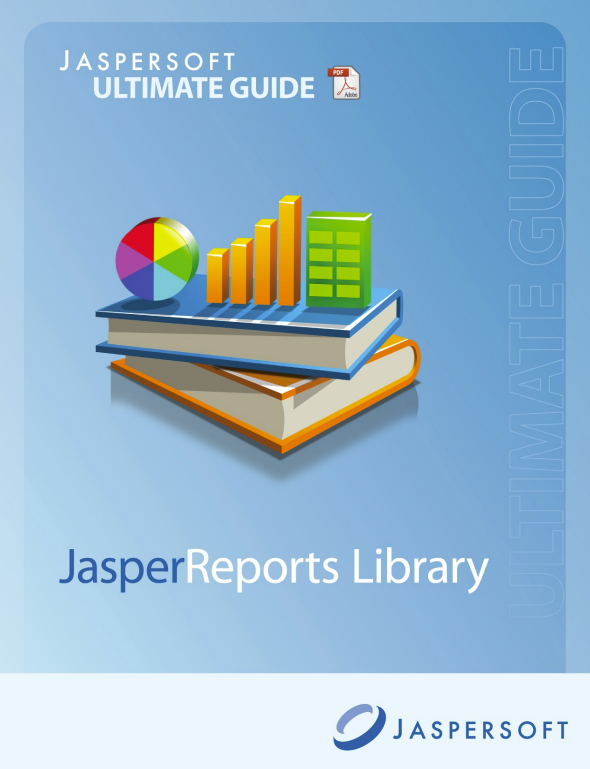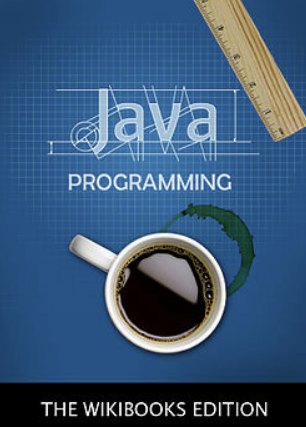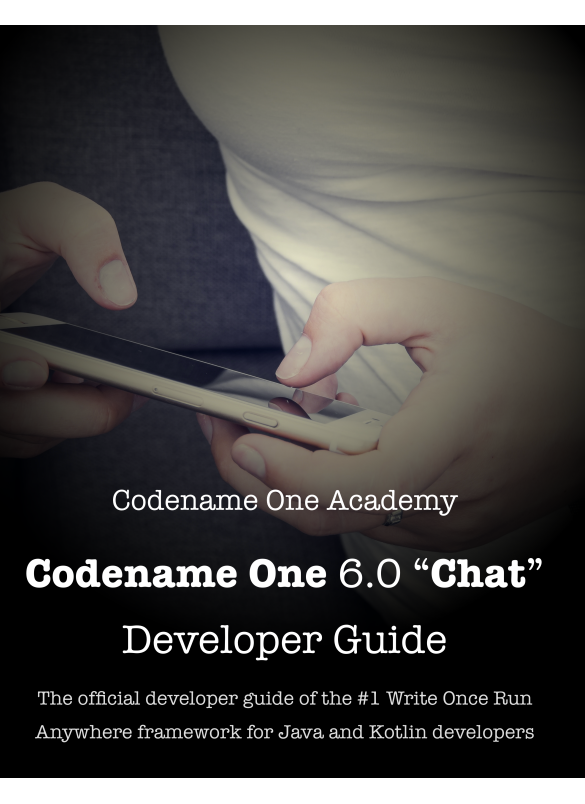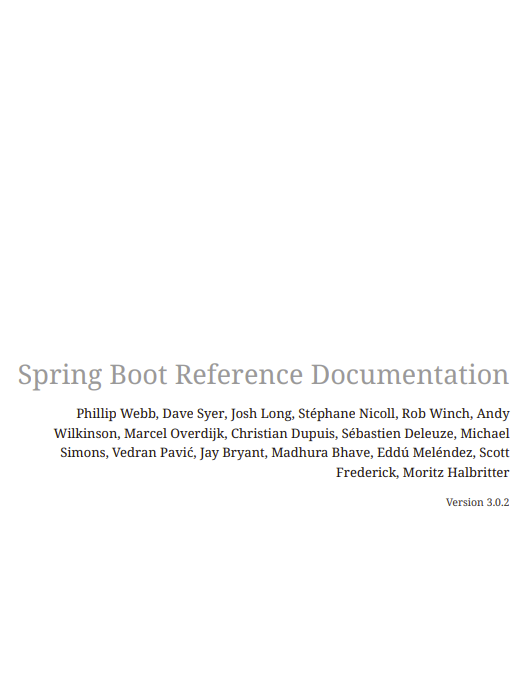This book is a textbook of programming in Java language for beginners. The Java programming language is nowadays the most spread programming language. Programming textbooks for beginners are known and used already a half of century.
That’s why you could consider it useless to make out another textbook on programming and above all in the most usual Java. The author (Rudolf Pecinovský) was surrounded by a wide competition. Despite it he succeeded to write a book, which is significantly better and completely different than others. Everybody can recognize it already at the beginning, namely due to three reasons.
Firstly, this textbook did not emerge accidentally. Such a book cannot be written without a longterm professional experience. Writing the text has been preceded by years of preparation, practical programming and teaching experience as well as years of active presentations at professional conferences, in scientific magazines etc. People of my generation used to meet a number of programming languages and styles during their professional life. I myself remember hot debates between adherents of a “common” and structured programming. Then we experienced a period of fighting between adherents of C language and of Pascal language, which resulted in more generalized controversy between the defenders of using the industrial programming language for teaching and supporters of the language less used in industry, yet allegedly more suitable for teaching. The pioneer period of object programming run within such a debate. The professional community in the Czech Republic and in Slovakia remembers well that in all those phases Rudolf Pecinovský did participate and his views and ideas, coming from any period, did not lose its validity and correctness. We can find them in this book. Rudolf Pecinovský does not pretend that he understands everything, he is not afraid to present a speculation or a question. It is the proof of the highest professionalism and familiarity with object programming.
Secondly, this book is written in an unusual form of a dialogue between two persons: the author of the book and his friend, who represents the reader. Author’s friend puts questions and the author answers. A number of topics refer one to the other; new questions result from the previous answers. After several minutes of reading you get a feeling, as if you would lay the questions yourself. The author succeeded to evoke a feeling of identification of the reader with the book protagonist. The same form of a dialogue we can find in works of Sokrates, Plato, Cicero, St. Augustin, Komensky, Galileo and others. According to classical authors the dialogue is one of the pillars of the European thinking. His pragmatic contribution comes from the understanding and perception that a man can make a mistake or maintains a position of single-track viewpoint and that he can help to meet someone else’s view. Meeting and clashing of opinions leads to a better view of participants, they had before the meeting. This can be documented also by a translation of the Greek expression “dia-logos” that can be expressed as “through the word” or more freely “through the language”. This book has features of such a dialogue: The author is able to clearly and understandably explain his opinion. He listens to the views and arguments of others, understands them, thinks about them and reacts to them.
Thirdly, the professional publications in our country are written usually in a different way. They use a sterile passive voice and third person of singular (e.g. “it is done”, “it means that”) or first person of plural (e.g. “we have”, “we propose”). Using of “me” and “you” is not considered as suitable for professional literature in the Czech Republic. Rudolf Pecinovský showed that it is possible; how- ever, you should know how to do it. And he rounds off his effort with an accurate Czech language and brilliant Czech terminology without using anglicisms.
This book should be read by not only beginners in Java – to whom the book is primarily determined – but also by all those, who would like to learn programming or teach programming in any modern object programming language. The book content, quality of processed examples, theories, dialogues and gradation of the explanation give more than sufficient proof that Rudolf Pecinovský knows what he speaks about. This book is a pride of an original Czech professional literature. Regardless the fact that you already know Java or you are practically using it, you should read this book, use it as your handbook, and study it very carefully.
